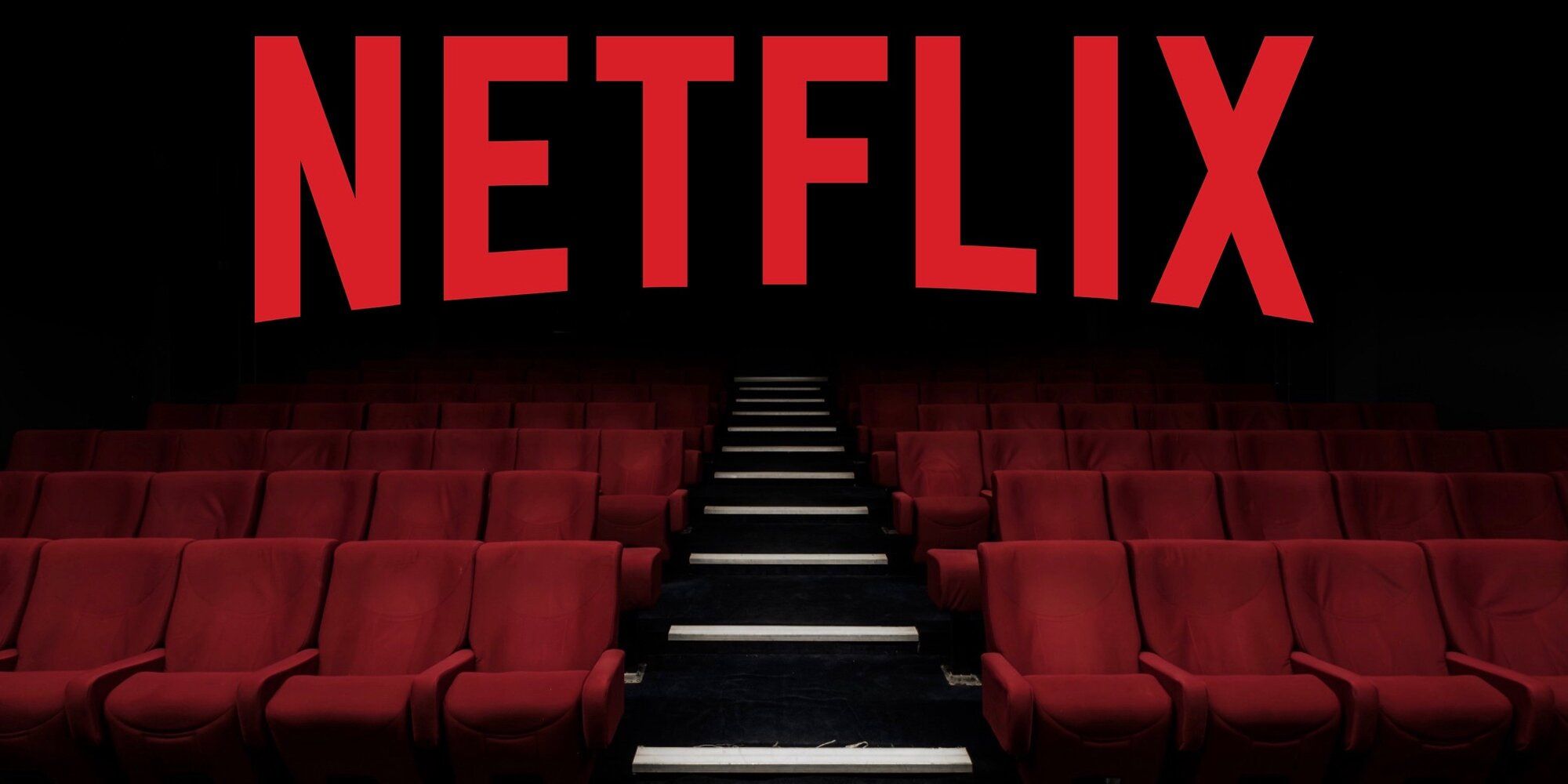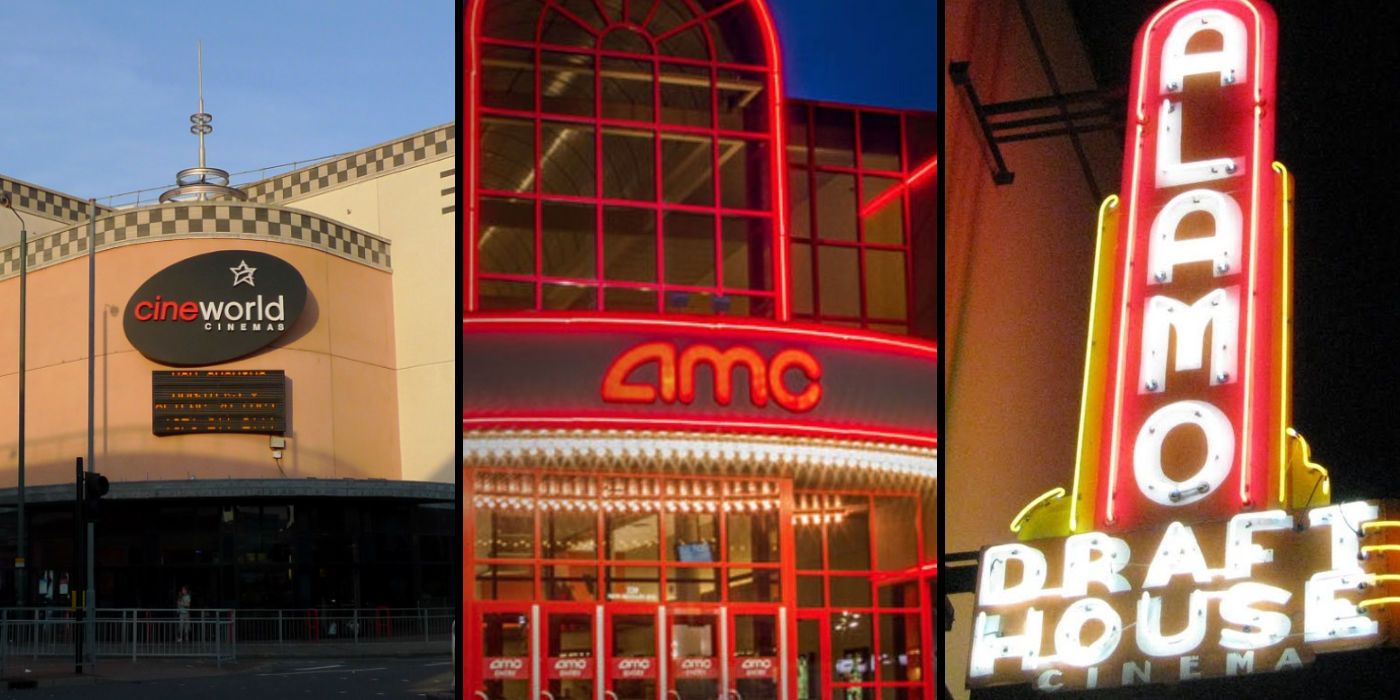Netflix Co-CEO Ted Sarandos thinks legacy movie studios should be more flexible when it comes to consumer streaming demands. Hollywood has been put to the test over the past year due to the pandemic. What at one point looked like a temporary inconvenience turned into a year-long nightmare. Most of the major movie theater chains were kept closed throughout 2020 providing little space for any big movie releases. With thousands of theaters left closed and few people willing to fill the seats of those that were open, Hollywood was left with no choice but to rely on streaming. Luckily, the pandemic came at a time where many companies were launching their own streaming services. In 2020 alone, WarnerMedia launched HBO Max, NBCUniversal launched Peacock, Quibi launched in April and died by December, and Disney+ spent the year racking up almost 100 million subscribers.
Each studio had to pick a new strategy that would work best for them when it came to releasing new movies. Universal was the first to experiment with its release model after shocking the industry in April of 2020 by releasing Trolls World Tour simultaneously in theaters and on VOD. Universal further went on to strike a deal with Cinemark to release its films exclusively in theaters with a minimum theatrical window of only 17 days. This is a large drop from the standard 90-day theatrical window Hollywood had been used to for many decades. Warner Bros. tried releasing Christopher Nolan's Tenet in August when it looked like the first wave of the coronavirus was subsiding, but due to a lackluster performance at the domestic box office, any plans of releasing more blockbusters to theaters were canceled. This caused a huge wave of delays across all studios as this signified the box office was not viable for big releases just yet. In October of the same year, Disney pivoted hard and announced it was restructuring to prioritize Disney+ more, seen in the streaming releases of films like Soul and Hamilton.
Despite these efforts, Sarandos thinks that more can and still will be done to accommodate changing consumer behavior spurred on by the pandemic. All legacy studios are still trying to preserve the theatrical business in addition to building their streaming services. KCRW asked Sarandos in an interview what he thought about the future of theaters, with the Co-CEO stating:
You've got to follow the audience. And if the audience isn't showing up [to theaters], and they're showing up watching at home, you have to adapt. Seeing a movie in a theater might just become rarer. It's a very hard thing to figure out what post-pandemic behaviors will be and how they shift. There's a big financial infrastructure required to support screens that has to ultimately be supported by the fans and the viewers.
Many have argued consumer behavior has changed significantly over the course of the year when it comes to how they consume entertainment. Theatergoers went from having to leave their homes and travel to their nearest cineplex to being able to watch even the biggest Hollywood releases from the comfort of their own couch in the span of a year. Streaming was already growing in mainstream popularity prior to the pandemic, but lockdowns forcing people to stay home may have cemented its place in entertainment forever. Netflix gained over 37 million subscribers in 2020 alone.
It is hard to predict the future of movie-going post-pandemic, but there will likely be a new normal to adjust to, as Sarandos says. Of course, it's worth noting the Netflix boss has a vested interest in streaming, though that also makes him an authority on the subject. Nevertheless, it will be interesting to see what the theatrical landscape and box office looks like once the pandemic is finally over.
Source: KCRW


